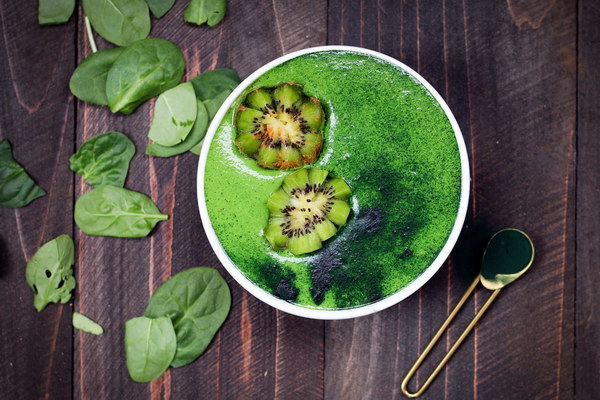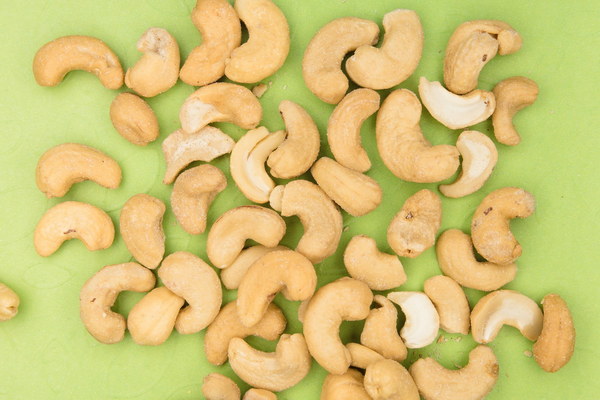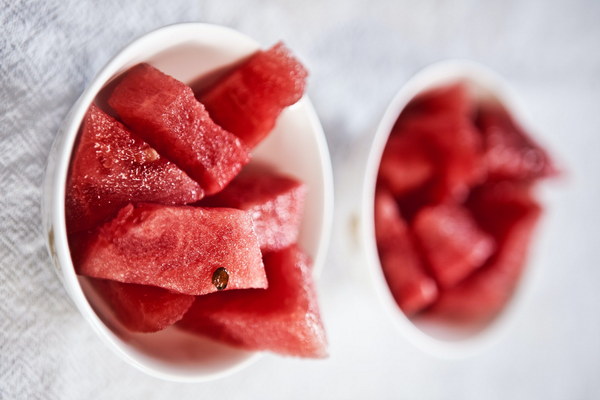Revitalize Your Stomach Discover the Ancient Secrets to a Healthy Digestive System
In the hustle and bustle of modern life, our digestive systems often suffer the brunt of our neglect. The ancient wisdom of traditional cultures, however, holds the key to a healthy and vibrant stomach. By embracing these time-honored practices, we can revitalize our digestive systems and enjoy a lifetime of digestive wellness. Let us delve into the world of traditional remedies and lifestyle adjustments that can help you achieve a stomach that is both happy and healthy.
1. Embrace a Balanced Diet
The cornerstone of a healthy digestive system lies in a balanced diet. Traditional cultures emphasize the importance of consuming a variety of foods that are rich in nutrients, fiber, and beneficial bacteria. Here are some key elements to include in your diet:
a. Fermented Foods: Fermented foods, such as yogurt, kefir, sauerkraut, and kimchi, are rich in probiotics that promote the growth of good bacteria in your gut. These foods also aid in digestion and can help reduce bloating and gas.
b. Prebiotic-Rich Foods: Prebiotics are non-digestible fibers that act as food for probiotics. Foods high in prebiotics include bananas, garlic, onions, asparagus, and leeks. By incorporating these foods into your diet, you can support the growth of beneficial gut bacteria.
c. Lean Protein: Lean protein sources, such as chicken, turkey, fish, and legumes, are essential for maintaining healthy digestive function. These proteins also provide amino acids that support the growth of gut lining cells.
d. Complex Carbohydrates: Foods high in complex carbohydrates, such as whole grains, legumes, and starchy vegetables, provide sustained energy and help maintain a healthy gut flora.
2. Mindful Eating
Traditional cultures emphasize the importance of mindful eating, which involves paying attention to the food we consume and the way we eat it. Here are some tips to help you develop a mindful eating habit:
a. Eat slowly: Take your time to savor each bite, chew thoroughly, and allow your body to register fullness. This helps prevent overeating and can reduce the likelihood of digestive discomfort.
b. Avoid distractions: Try to eat without distractions, such as watching TV or using your phone. This helps you focus on the food and can enhance your enjoyment of the meal.
c. Create a pleasant eating environment: Set the table with nice dishes, candles, and perhaps some soothing music. This can make mealtime more enjoyable and help you relax, which is beneficial for digestion.
3. Regular Exercise
Physical activity is crucial for maintaining a healthy digestive system. Traditional cultures often incorporated exercise into their daily routines. Here are some ways to incorporate exercise into your life:
a. Walk: A daily walk, even if it's just 30 minutes, can help stimulate digestion and improve blood flow to the digestive organs.
b. Yoga: Yoga poses that focus on twists and inversions can help massage the digestive organs and improve blood flow.
c. Other forms of exercise: Activities such as swimming, cycling, or strength training can also contribute to a healthy digestive system.
4. Herbs and Spices
Traditional cultures have long used herbs and spices to aid in digestion. Here are some common digestive aids:
a. Ginger: This root is well-known for its ability to relieve nausea, reduce bloating, and improve digestion.
b. Turmeric: This spice contains curcumin, a compound that has anti-inflammatory properties and can help soothe an upset stomach.
c. Fennel: Fennel seeds are a natural carminative, which means they help reduce bloating and gas.
d. Peppermint: Peppermint is known for its soothing effects on the digestive tract, particularly in cases of irritable bowel syndrome (IBS).
5. Stress Reduction

Stress can have a significant impact on digestive health. Traditional cultures often emphasized the importance of relaxation techniques to reduce stress. Here are some stress-reducing methods:
a. Meditation: Practicing meditation for just a few minutes each day can help calm the mind and reduce stress levels.
b. Breathing exercises: Deep, diaphragmatic breathing can help reduce stress and improve oxygen flow to the digestive organs.
c. Mindfulness: Engaging in mindfulness practices, such as yoga or tai chi, can help you stay present and reduce stress.
By incorporating these ancient secrets into your daily life, you can revitalize your stomach and enjoy a healthy digestive system. Remember that these practices are not a substitute for medical advice, but they can complement your existing efforts to achieve digestive wellness.









